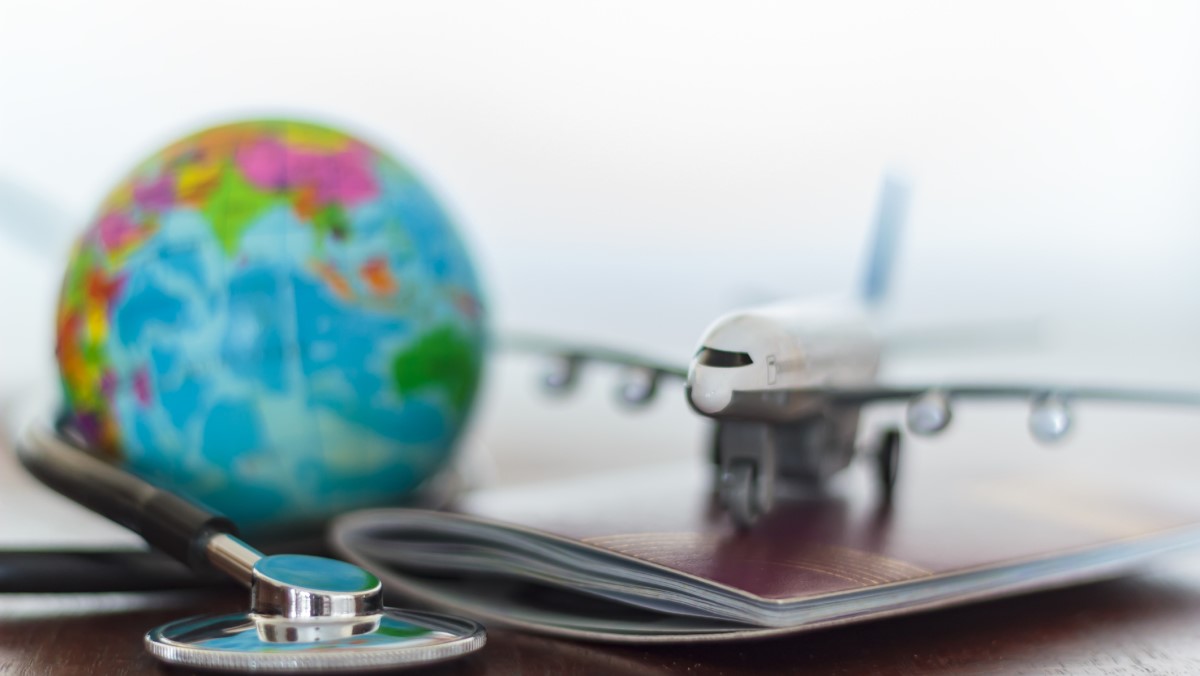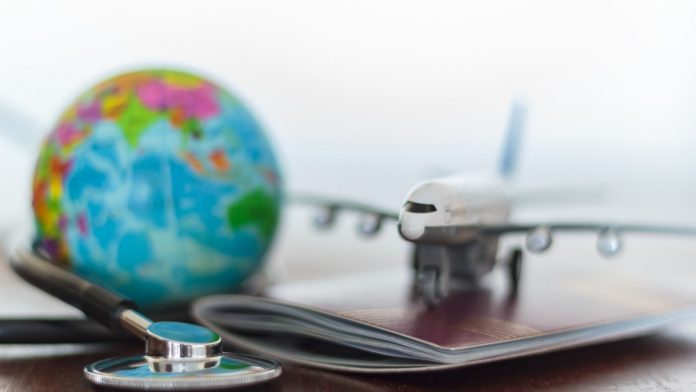
[ad_1]
For many years and for many destinations, “low prices” has been the clarion call of destinations and providers seeking medical tourists. But will COVID-19 change the way that patients view and select a destination?
The most common message you will encounter when visiting medical tourism web sites across the globe will be “low prices, high quality”. And, for many patients seeking treatment in another country, the cost of treatment is a significant factor, whether they are patients from developed countries travelling for cosmetic surgery or dentistry, or patients from underdeveloped countries seeking access to surgery that they cannot obtain at home.
But “low prices, high quality” doesn’t differentiate one destination, hospital or clinic from another. It doesn’t deliver a competitive advantage and it certainly isn’t a unique value proposition. With the advent of COVID-19, are patients perceptions changing?
Trust… the new differentiator?
In the battle against COVID-19, countries have taken different approaches, with differing results. Many continue to struggle in managing the spread of infection. Countries such as Australia and New Zealand that enforced strict border controls but failed to rapidly implement a vaccination programme, are now seeing a surge in infections with a spread of the virus from hotspots. The USA, lacking a nationally enforced strategy, is now seeing the pandemic hit some states hard where the uptake of vaccines has been poor and there is a lack of support for mask wearing and lockdowns. Turkey, a popular medical tourism destination for Europeans, is experiencing a resurgence of infection. The UK, which was badly hit early on due to delays in lockdown, may now be over the worst as a result of an effective vaccination programme.
The threat of COVID-19 is clearly front of mind for any traveller and certainly an important consideration for any medical traveller. The perceived risk of contracting the virus and the complexities of vaccine passports, quarantines and pre-travel testing pose a major barrier to travel whether for business, leisure or, indeed, treatment. The lowest price destination or healthcare provider may not be seen as the safest place to travel to. Trust in the destination and the healthcare provider will outweigh price.
The “poster child” of COVID-19
South Korea has been one of the leading medical travel destinations in recent years. Significant government funding has supported the country’s efforts to build a reputation for healthcare expertise. It has never been the cheapest option but it is perhaps the medical travel destination that has benefitted most from the pandemic. The media across the world has hailed its success in managing the threat of COVID-19:
- “How South Korea Successfully Managed Coronavirus – The country has blended technology and testing like no other” (Wall Street Journal)
- “The secret behind South Korea’s Covid success – How the country became the poster child for virus control” (The Spectator)
- “What’s Behind South Korea’s COVID-19 Exceptionalism?” (The Atlantic)
- “Coronavirus: How South Korea ‘crushed’ the curve” (BBC)
- “Leveraging South Korea’s COVID -19 success” (The Bangkok Post)
Nevertheless, South Korea’s medical tourism sector has been hard hit by the pandemic. Professor Ki Nam Jin of Yonsei University estimates that of South Korea’s 1,500 medical tourism business, one third have gone out of business.
However, once the pandemic has subsided, South Korea will be well placed to build on its COVID-19 management success. Perhaps this country will use this time to rethink its competitive position and assess how to market its healthcare services in a post-pandemic world? As a world leader in technology, it can also build on its reputation to exploit the adoption of telehealth and telemedicine that has been accelerated by COVID-19.
What does it mean for your hospital or clinic?
Price will still be a factor, but how your country has managed COVID-19 and how patients perceive the destination as “COVID-safe” will be of vital importance. There is little you can do to change that perception. But how will those patients view your hospital or clinic? Low price may imply high risk. Patients will be seeking reassurance that your hospital or clinic is safe, that they can have confidence in you, and, above all, that they can trust you. COVID-19 will change the way they think. How will you build and promote that trust and respond to their changing needs?
[ad_2]
Source link









